Thought Leadership
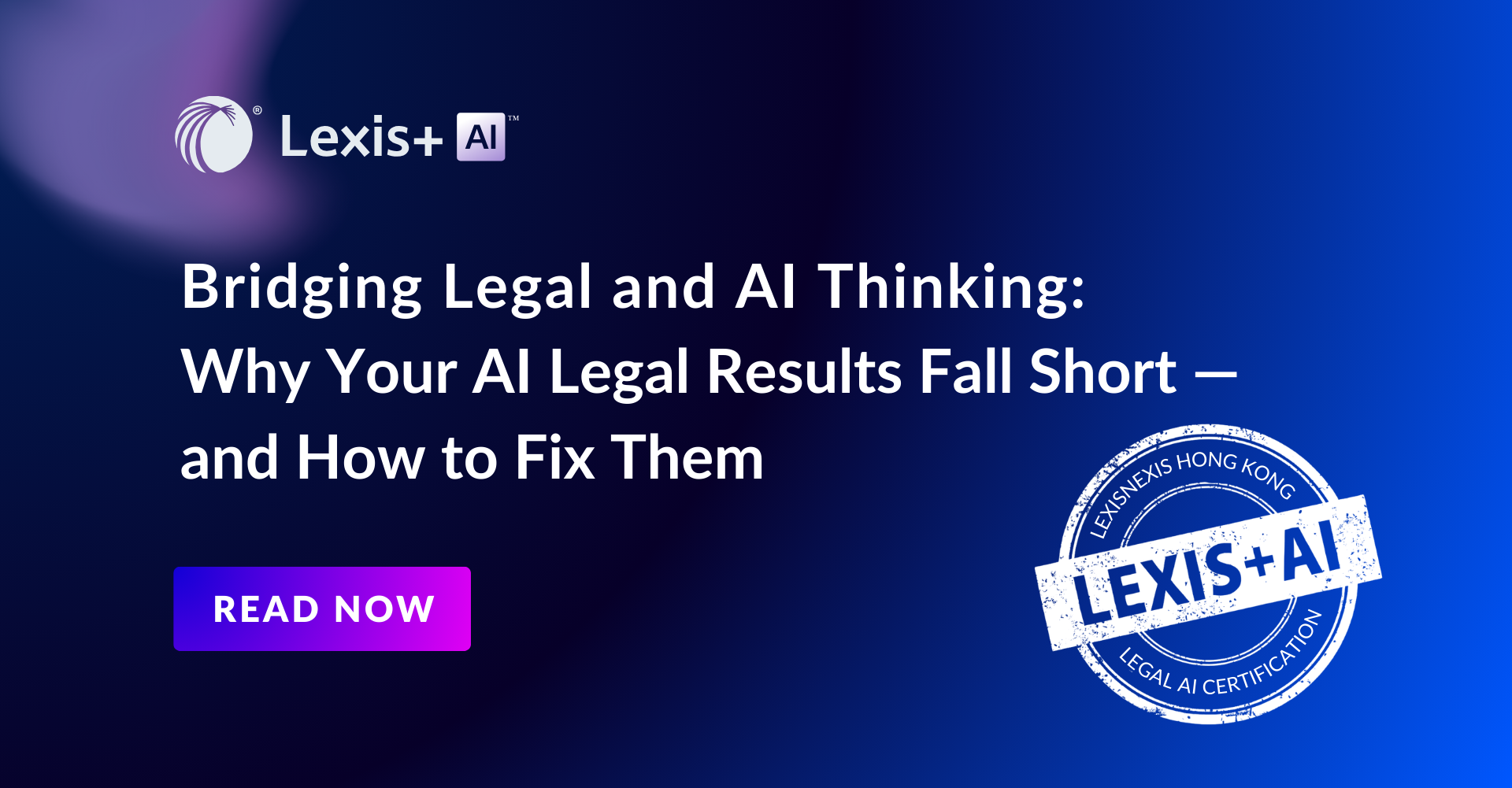
Bridging Legal and AI Thinking: Why Your AI Legal Results Fall Short — and How to Fix Them
Many lawyers approach AI tools with high expectations, only to be met with vague answers or responses that miss the point. The frustration is understandable. Legal work demands precision, context, and disciplined reasoning, yet AI outputs can feel superficial. After a few such experiences, it is easy to conclude that “AI just doesn’t get the law,” and abandon the tool altogether. However, unsatisfactory answers may...
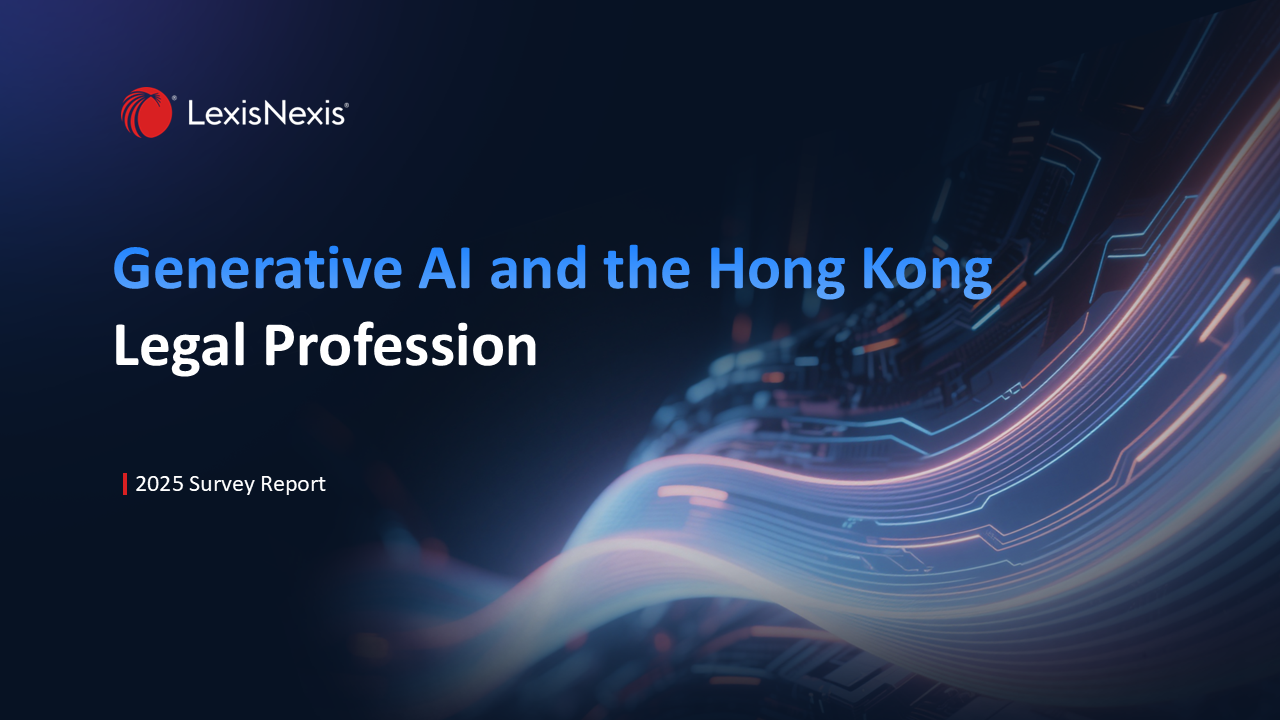
Speed with Substance: 2025 GenAI Trends for Hong Kong Lawyers
The Hong Kong legal profession has entered a new rhythm, and AI is no longer an experiment or a talking point. It is a tool that lawyers are now using every day to deliver sharper, faster work, while maintaining the precision and authority their clients expect. The 2025 Generative AI and the Hong Kong Legal Profession Survey Report makes this clear: adoption is rising, confidence is strengthening, and the profession...
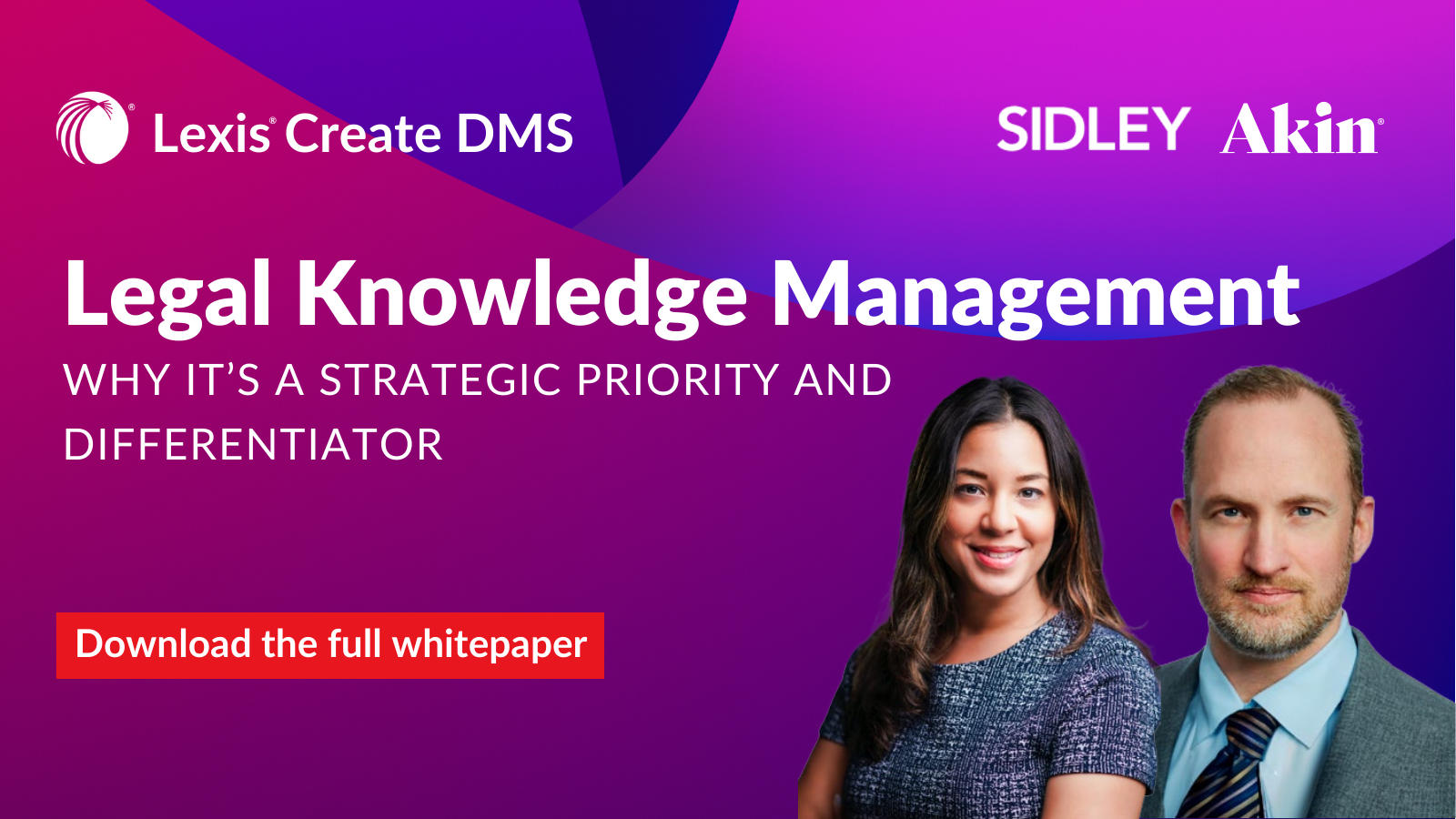
Legal Knowledge Management: Why It’s a Strategic Priority and Differentiator
As global law firms navigate complex regulatory environments and embrace transformative technologies like generative AI, the ability to harness institutional knowledge while fostering innovation has emerged as a key differentiator . In our latest whitepaper, " Legal Knowledge Management: Why It’s a Strategic Priority and Differentiator ", Knowledge Management (KM) experts from six leading law firms share their insights...
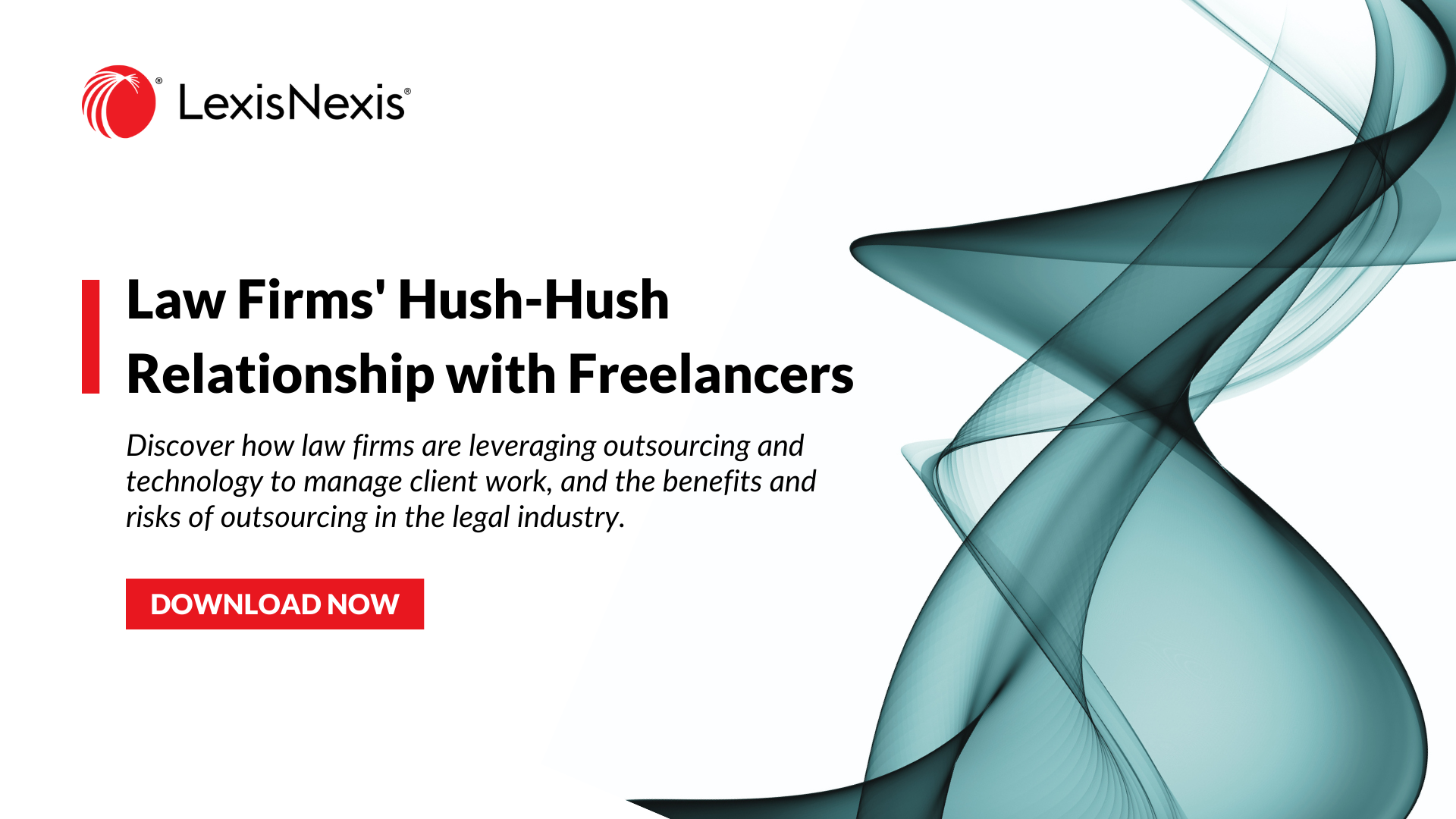
Law Firms' Hush-Hush Relationship with Freelancers
Outsourcing client work has become a common yet rarely discussed practice in the legal industry in the UK. This whitepaper delves into the rising reliance on freelance lawyers and explores how law firms are leveraging this flexible workforce to meet fluctuating demands. Discover the benefits, risks, and long-term implications of outsourcing, as well as how generative AI is reshaping the future of legal work. Key highlights...
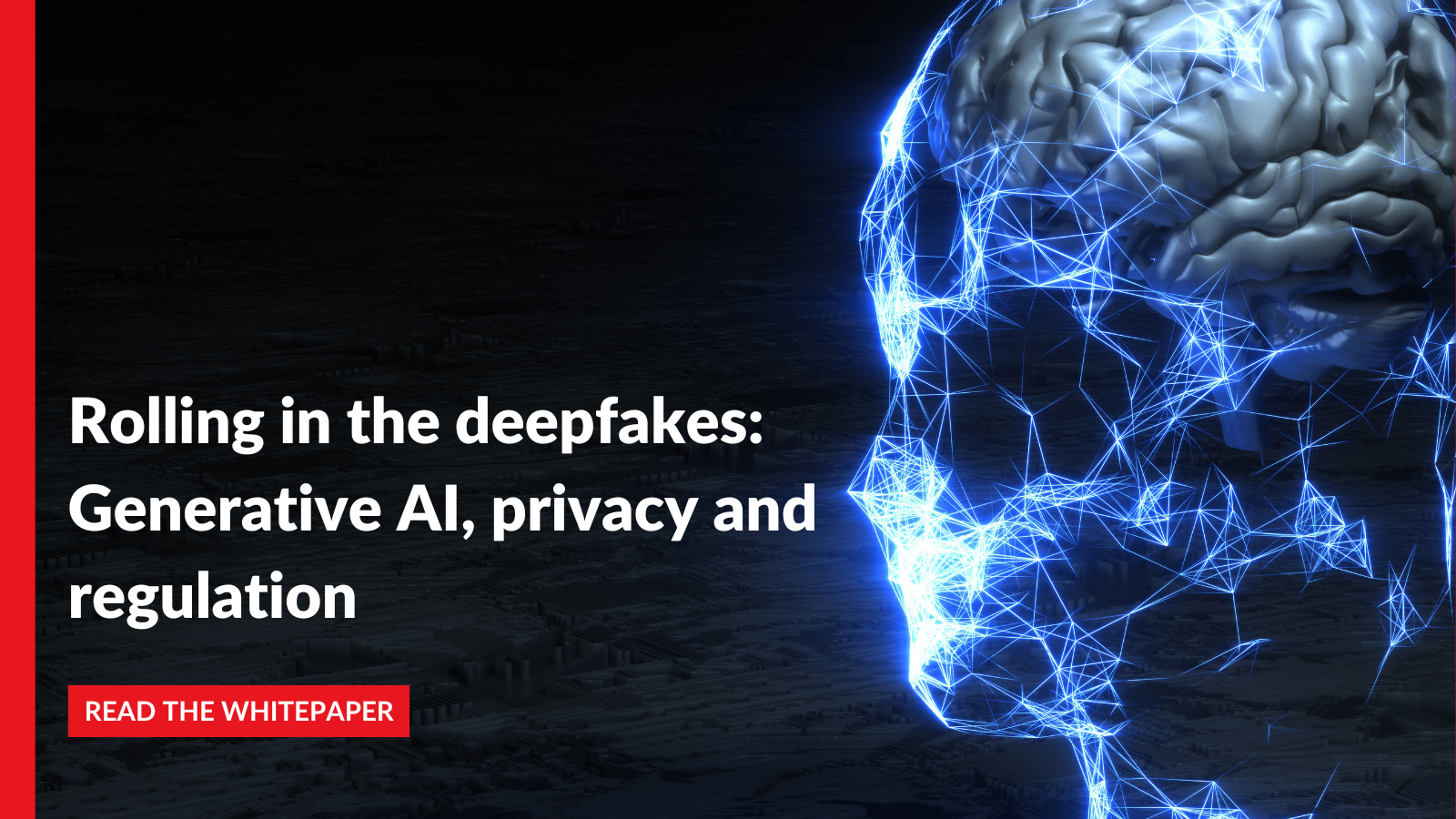
Rolling in the deepfakes: Generative AI, privacy and regulation | Whitepaper
The emergence of deepfakes is reshaping the legal landscape, raising critical questions about privacy, security, and regulation. In our latest whitepaper, Rolling in the Deepfakes: Generative AI, Privacy and Regulation , we delve into these issues to provide you with insightful analysis. Key Takeaways Include: Defining Deepfakes : An overview of the technology and its potential for deception. Privacy Risks : An...

Mid-year EU Russian gas imports have risen over 2023 levels, data indicates | MLex Exclusive
Earlier this month MLex reported that EU imports of Russian gas increased in the first half of 2024 compared to the same period last year, contradicting the European Commission’s objective to stop funding Russia’s war in Ukraine with the bloc’s fossil-fuel purchases. In the first six months of 2024, the EU imported around 26 percent more Russian gas than in the same period last year — an additional 5 billion cubic meters...

Now that Google has been deemed an illegal monopolist, DOJ, judge have thorny challenge in crafting remedies | MLex Exclusive
A US judge and antitrust enforcers at the Department of Justice now have the delicate task of designing an appropriate remedy to right the wrongs caused by Google’s monopoly and inject competition back into the Internet search services market. The DOJ has multiple potential remedies available to pitch to the judge, including banning Google from entering any exclusivity deals. But if District Judge Amit Mehta decides...

South Korea fears losing race for AI leadership, Naver's AI expert says | MLex Exclusive
South Korea was an early starter in the development of artificial intelligence but now fears losing the race as countries outside the US and China are fast catching up with multi-billion-dollar support packages, South Korea's most influential AI expert at Naver warned. Ha Jung-woo, who heads the tech giant's AI development operations, recommended during an exclusive interview with MLex that the government and parliament...

Employment Disputes: Time Limits | Checklist
Employment disputes frequently involve claims based on the explicit or implicit terms of an employment contract or the provisions of the Employment Ordinance (Cap 57). However, claims can also stem from the Employees' Compensation Ordinance (Cap 282) and the four anti-discrimination ordinances. The time limits for initiating civil court proceedings differ based on the nature of the proceedings. It's crucial to note...
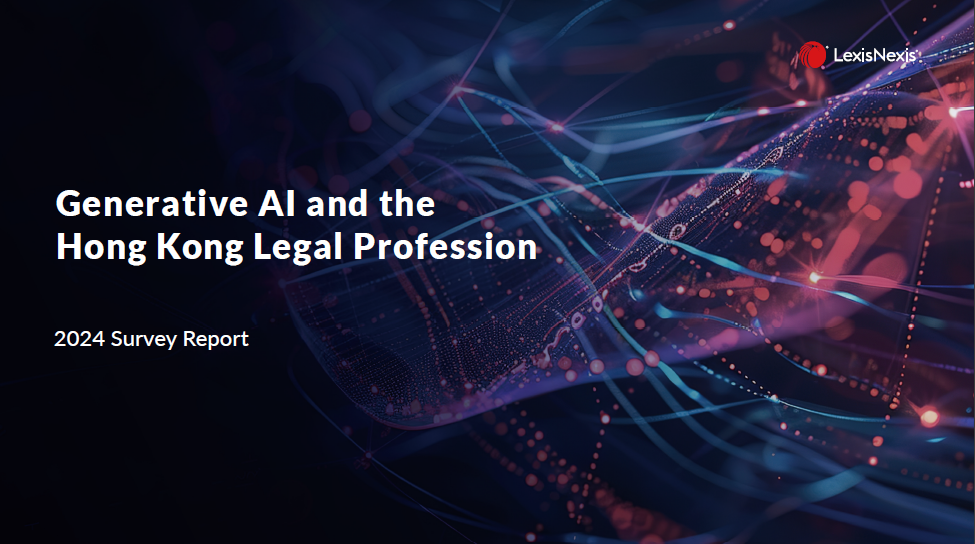
Generative AI and the Hong Kong Legal Profession | 2024 Survey Report
The legal profession in Hong Kong stands at the precipice of a transformative revolution, propelled by the rapid strides in generative artificial intelligence ('GAI') technology. In May and June 2024, LexisNexis conducted a comprehensive survey, exploring the perspectives of over 200 legal professionals in Hong Kong SAR in relation to this exciting new age for the industry. The survey delved into various aspects, including...

Third Party Funding and Arbitration in Hong Kong
This checklist appeared first in the Dispute Resolution module of Lexis+ ® Practical Guidance Hong Kong. Complete the form below to receive the full article. In brief, t hird party funding involves a third party providing funds to cover a claimant's legal costs and expenses to pursue a claim. In return, the funder expects to receive a share from the proceeds recovered by the claimant, which can be calculated as...

Privacy Management Programme for Legal Practices
Privacy Management Programmes (PMP) are designed to assist organisations with building a robust privacy infrastructure to manage the privacy risks associated with the handling of personal data. While the Personal Data (Privacy) Ordinance (Cap 486) (PDPO) does not require a data user to undertake a PMP, it is, however, perceived by the Privacy Commissioner for Personal Data (PCPD) as good privacy governance embraced...

Harnessing the Power of AI in the Legal Landscape
The legal landscape is undergoing a transformative shift, driven by the increasing adoption of Artificial Intelligence (AI). This whitepaper provides a comprehensive guide for lawyers and firms navigating this evolving landscape. From immediate opportunities to long-term impact, Harnessing the Power of AI in the Legal Landscape explores the full spectrum of AI's influence on the legal profession. It explores best practices...

Generative AI, the Bar, and overcoming hallucinations
Harness the power of AI by understanding the risks of hallucinations This whitepaper delves into the ethical implications of hallucinations generated by AI, specifically within the legal field. It explores the potential dangers of relying on inaccurate information and how it can negatively impact a barrister's reputation and practice. The most recent LexisNexis ® whitepaper, ' Generative AI, the Bar, and overcoming...

China Relaxes Cross-border Data Transfer Restrictions
Unlock the insights and practical implications of the recently released Regulations for Promoting and Standardising Cross-Border Data Transfer (CBDT Regs) by the Cyberspace Administration of China, as this in-depth article delves into the changes and their impact on organisations engaged in cross-border data transfers to and from mainland China. Download the whitepaper now to stay compliant, mitigate risks, and harness...

10 steps GCs can take to minimise data security risks
Find out how you can strengthen your business' security posture. Enterprise data security threats pose a persistent challenge, yet General Counsel (GCs) express declining confidence in their organisations' preparedness. With executives tackling breach mitigation, in-house counsel play a crucial role in managing legal and compliance implications. Download the whitepaper , 10 steps GCs can take to minimise data security...

Should law firms disclose the use of generative AI?
A recent LexisNexis report demonstrated that firms need to tell clients they are using AI. But how much information should they give? In this article, we delve into the need for transparency, explore the varying degrees of disclosure, and offer guidance on how law firms can responsibly and sensibly communicate their usage of generative AI tools to clients. Download the whitepaper - Should law firms disclose...

Purpose and Stewardship: Embedding ESG at all levels of the organisation
Complimentary paper and ESG checklist Introducing our latest whitepaper - " Purpose and Stewardship: Embedding ESG at all levels of the organisation. " In collaboration with industry experts, LexisNexis ® recently chaired a discussion at the Governance Institute of Australia's Government Risk Management Forum with ESG expert, Dr. Tracey Dodd, from the University of Adelaide, and Robyn Parkin, Head of Sustainability...

In-house leadership: Generating true value for your organisation
In this latest whitepaper from LexisNexis, leadership expert Dr. Paul Hughes from the Center for Creative Leadership explores the question of what it means to be a strategic in-house legal leader. Find out how in-house lawyers can broaden the way they see themselves and focus on how they can help guide their teams towards shaping their company for higher efficiency and profitability using the "Polarities Management...

The Challenges and Solutions to investing in working practices and systems for Small Law Firms
With expensive new technology flooding the legal market, it's easy for even the most cutting-edge law firms to fall behind the times. But leaving your lawyers to rely on outdated legacy systems and old-school processes will cost you more in the long run. Access the full report now to disover answers and actionable strategies to key questions and topics, including: The main challenges faced by law firms when adopting...

LegalTech ROI: The stats are in for small to midsize law firms making a big purchase
In today’s fast-paced legal landscape, purchasing the right legal research technology is critical – especially for solo and small to midsize law firms who have the opportunity to reap benefits that help them outpace larger competition. While legal research technology may come with a significant investment, as it tends to become more costly as the content and features improve, the benefits it brings far outweigh the...

Making the Case for In-house Legal Tech and Proving Return on Investment
A recent LexisNexis® survey has shown that 50% of in-house lawyers wouldn't join a team that didn't use legal tech. Find out how tech adoption is becoming a greater expectation in business and how legal tech investment generates a greater return on investment. Download LexisNexis' latest whitepaper - Making the Case for In-house Legal Tech and Proving Return on Investment, and learn how to leverage technology to enhance...

The Ethics of AI: Preparing for the Evolution
The digital future is evolving before our eyes - a sight that is as exciting for some as it is terrifying for others. But as we move towards a world in which AI is even more ingrained in every aspect of our lives and business, it’s essential we engage in open discussion of the ethical considerations in building such a revolutionary technology. Recently, LexisNexis ® and the GIA partnered for both a National Conference...

How Law Firms Can Maximise Billings From Their Lawyers
The average recorded hours per lawyer is dropping. As we step into the era of Generative AI, where clients expect law firms they collaborate with to employ legal technologies for reducing legal work hours and enhancing work quality, a pertinent question arises: Will traditional legal billing remain sustainable? Additionally, how can law firms maximise profitability while reducing hours? Download the whitepaper - How...

In-house Insights: How legal teams are approaching value creation
In-house Insights: How legal teams are approaching value creation In‐house counsel are principally tasked with the reduction of legal risk and providing a fast, convenient service which, as compared to external suppliers, is more tailored to the business thanks to a deeper understanding of its needs, pain points and is executed at a lower cost of service. Yet, although the core role of legal has not changed, the...